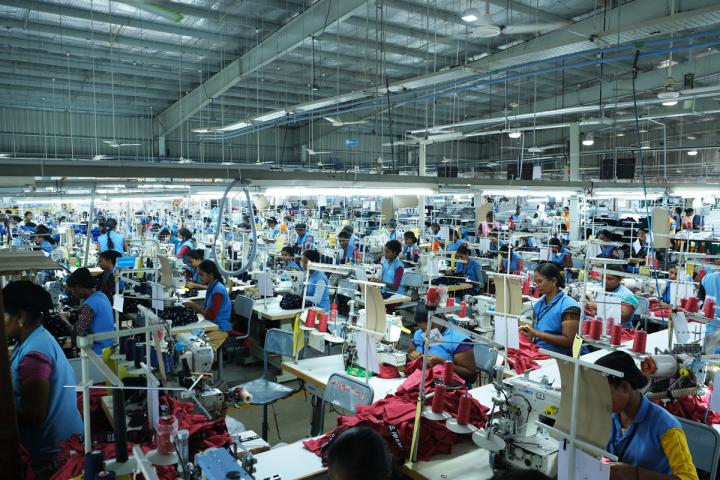
Leveraging Tech for Meaningful Work
Associate Professor Adam Seth Litwin, who regularly researches and writes on issues involving technological change, work and workers in the health care sector, has had a peer-reviewed commentary published that urges managers and policy makers to focus on ensuring that new technology helps health care workers in the wake of COVID-19.
The piece, “Leveraging technological change to address racial injustice and worker shortages in frontline care delivery,” appeared in BJM Leader and makes the argument “that for all of the misery wrought by COVID-19, it could actually induce leaders—even in that fragmented system—to implement emerging technologies in a way that shores up employment conditions for essential frontline care deliverers.” The article draws on his 2020 study “Technological Change in Health Care Delivery.”
In the BJM Leader article, to be published in early 2022, Litwin explains that in many industries, technology is introduced in an effort to automate as much as possible, based on the false premise that humans are error prone, inconsistent and unreliable. As a result, the remaining tasks for humans are the most mundane, “robbing frontline workers of the tasks that once made their jobs coherent and meaningful. Moreover, many of the skills workers no longer use regularly atrophy, rendering workers less reliable and more error prone in the rare and unpredictable moments they must call upon these skills.”
To combat the loss of reliability and make the work more meaningful, Litwin says employers must ask the question, “What do my employees excel at, and how might technology best exploit these strengths?”
He writes, “The process begins when employers lean on new technologies to occasion the redesign of jobs in ways that ask more of workers, namely that they make more decisions at the point of care and accept more accountability. This would yield immediate increases in autonomy and control, key psychological elements of job quality. But, it would also necessitate employer investments in training and upskilling, making workers more productive and more worth holding onto. With productivity and value come increased wages and employment security, facilitating further increases in frontline discretion and responsibility, ultimately rewarding workers with improved job quality and employers by stemming perennial worker shortages.
“As women and POC disproportionately fill these vastly improved frontline care delivery jobs, they will benefit directly from COVID-19-accelerated technological advances.”


